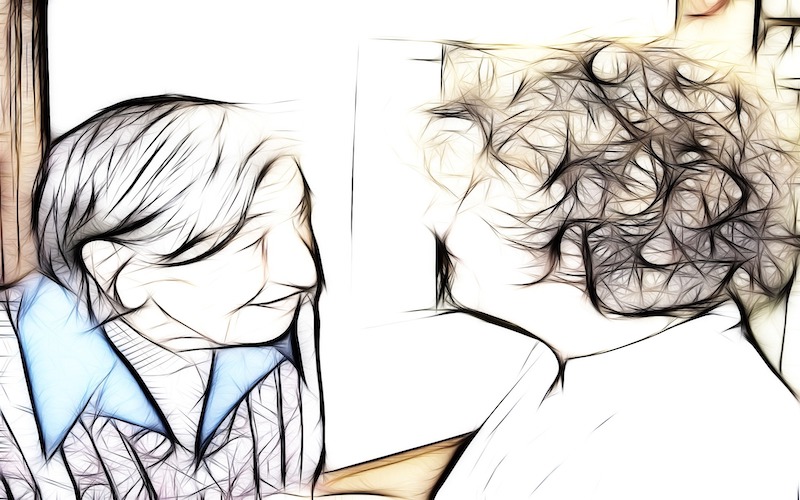
Living with family members suffering from a mental disorder 18-05-2020
In the psychotherapy process, family members can be an important therapeutic resource. Some research has highlighted the influence of certain characteristics of the family context on the evolution of some mental disorders. For this there must be a commitment of the family in the treatment process, within a blameless atmosphere, and provide adequate psychoeducation about the condition or mental illness of the loved one. In these cases, as a therapeutic team, we foster an alliance with family members, there is not necessarily a need for family therapy, but to work with the family. (For an appointment click here)
In cases where the family members are the main caregivers, there may be isolation and deterioration of the family social network. Family members focus on patient care and diminish their social relationships and consequently external supports, thereby worsening their capacity as caregivers, staying in this situation indefinitely. So, we should not only care for the patient but for the caregiver as well and prevent caregiver syndrome or burnout. Taking our rights into account can be helpful.
Rights of the family members:
- Need for “healthy selfishness” (balance)
- Need to learn to say “no”
- Need to have your own emotional support network
- Need to accept that as caregivers we help, but it is not in our hands to solve all the problems of our family member.
- Need to accept that sometimes we may lose composure
If the patient does not comply with medical and/or therapeutic recommendations, we cannot do so for them. We can only do our part, take responsibility for ourselves and set limits. Do not try to change the patient's behavior (unless it is dangerous), at least for a while. Recognize and tolerate your own disappointment, allow yourself to suffer loss and let it go; let go of judgments and anger. Accept the discomfort that behavior can generate. Stay engaged and active in your own life, do not stray.
We can help reduce our emotional vulnerability:
- Taking care of our physical health
- Feeding properly
- Getting enough rest/sleep
- Exercising
- Creating a sense of competence, skills and mastery
The healthier, physically and emotionally we are, the better we will react.
Remember that your loved one is much more than a person with a diagnosis of mental disorder and you are much more than the loved one of a person with a diagnosis of mental disorder.

